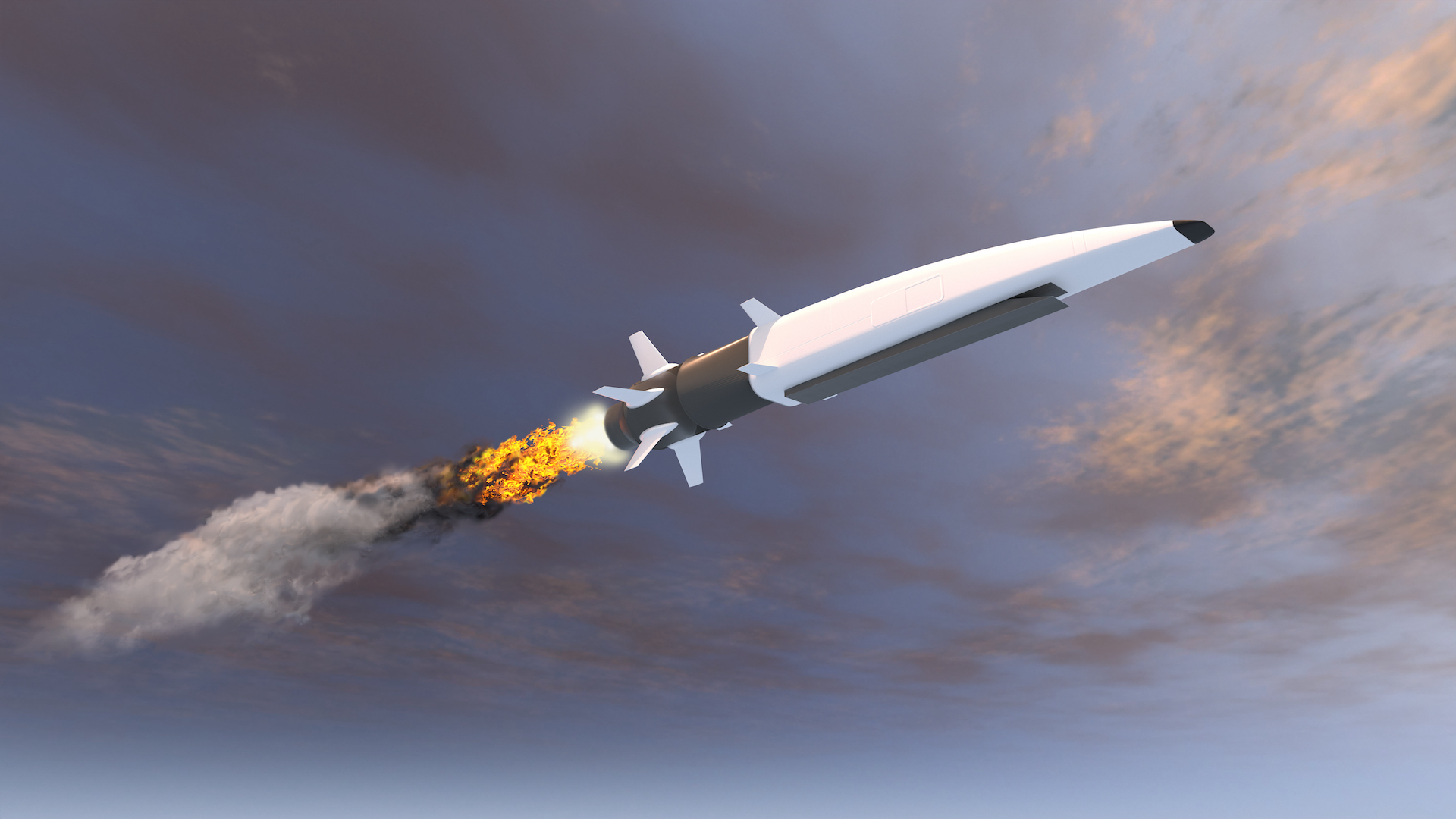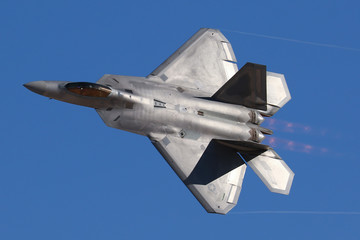How to Hunt Deer During the Pre-Rut

I settled into my stand and waited. The Kentucky pre-rut with cool afternoon temps combined with the early muzzleloader season had me hopeful. Soon after sitting down, deer poured into the CRP fields around me.
Later in the afternoon, I spotted him — a nice buck that I didn’t immediately recognize but eventually realized was a return buck from the previous year. The main frame 10-pointer was cool, but a long dagger point coming off his base added a bit of flair too cool to pass up. I settled in, waited for a shot, and rolled smoke down that Kentucky hillside. Big pre-rut buck down.
But, when exactly is the pre-rut? Hunters disagree on the exact dates, as they should, because the pre-rut technically varies from one location to the next. But, by definition, it’s the two weeks leading up to the start of the rut (which is when bucks are seeking does in estrus and breeding them). Bucks typically move more during the pre-rut, but they are not chasing does all-out just yet.
Here’s how to hunt deer during the pre-rut.
Find the Freshest Sign
The pre-rut is all about finding the fresh sign. Search for tracks and trails, but then focus on buck sign, specifically rubs and scrapes. An abundance of these signposts should indicate a consistent presence of deer.
Generally, you’ll find the hottest sign and best action near the best seasonal food sources. Right now, that’s acorns — specifically white oak acorns. As farmers continue to harvest cornfields, check the edges of shelled cornfields, too.
Read Next: Red Oak vs White Oak, and How to Tell the Difference
Of course, continue checking good bedding cover as well. As leaves continue turning and falling, expect bucks to leave the early season bedding they used throughout summer and early fall. Now, as hunting pressure ramps up, bucks are slinking deeper into thick cover.
Hang Trail Cameras Over Scrapes
Short of a corn pile or isolated water hole, the best way to take inventory of the deer in your area is by hanging cameras over large community scrapes. The biggest, hottest scrapes tend to be used by more members of the herd, making these excellent spots to snag a photo or two of local bucks.
On public lands, place cameras up higher and angle them downward toward scrapes. This gets trail cameras out of the line of sight of deer and hunters alike. On private lands, this tactic works if dealing with a buck that tends to avoid trail cameras.
Start Considering Morning Hunts
Unless it’s a unique situation where you have a perfect entry route, most people don’t hunt mornings during the early season (because it’s too easy to spook deer). That said, hunting mornings during the pre-rut can be effective. Buck patterns are shifting, and so should hunting plans.
If you have a buck daylighting in an area that you can access easily, it’s worth planning a morning hunt. Just be sure you can get in there without blowing it. If you can’t get into your setup without spooking deer, it’s still better to hold for the afternoon effort.
Forget the Open Fields
No, it isn’t the mythical October lull (it doesn’t exist). But unless deer are actively hitting alfalfa, shelled corn, or other fields, or are passing through one early enough in pursuit of distant acorns, it’s best to disengage from stand locations along open fields. Now is the time to hunt in cover.
Deer aren’t hitting open fields as they were, but instead, are feeding more on hard and soft mast. These food sources are within the timber, and perhaps timber edges, but rarely out in the open. White oaks are king. If those are limited, focus more on red oaks. Another option is to place more emphasis on soft masts, such as apples, crabapples, pawpaws, pears, persimmons, and more.
Read Next: What Do Deer Eat?
Also, diving deeper into bedding cover should ramp up your odds of seeing deer, especially a mature target buck that’s less likely to venture far from the shadows.
Strike with the Right Conditions
Few triggers spur deer to move better than an October cold front. Put simply, when a cold front is in the forecast, it’s time to hunt. These conditions encourage deer to stay on their feet later in the morning, but also get up earlier in the afternoon. Set up shop somewhere near known bed-to-feed patterns, and be ready for a good hunt.
Play the Terrain and Habitat
The above points clearly outline how influential habitat is with deer movement. Key food sources are hot pre-rut stand locations. Furthermore, don’t forget about water, as this is an important component to any good plan. If a water source is isolated, and it’s close to bedding, camp out over that.
Next, consider topographic features. Examples include benches, ridge lines, leeward ridge lines, ridge endings, thermal hubs (crow’s feet), and more. Hunt these areas to see more pre-rut big-buck action.
Use Calls
Don’t be afraid to grunt and rattle in the pre-rut. Blind call, if the wind is in your favor and it’s difficult for deer to circle downwind. With that said, I prefer to hold off unless I see a target buck that I’m certain isn’t coming into range. At that point, you have little to lose. Throw the hail Mary grunt or snort wheeze.
Deploy the Decoys
On a similar note, consider hunting with deer decoys. Bucks’ testosterone levels are rising, and they’re wanting to fight. A well-positioned decoy just might do the trick and trip a big deer’s trigger. Paired with calling and rattling sequences, this can be a great play for a pre-rut whitetail.
Get Aggressive, but Not Reckless
Don’t be afraid to make a big move. If it’s well-thought-out, and you can execute the plan without blowing up the rest of your season, go for it. Being appropriately aggressive, can lead to a big pre-rut whitetail buck. If the conditions (wind, temp, and pressure) are in your favor and you have a buck showing up during daylight, it’s worth rolling the dice. If the conditions are stacked against you, hunt safer spots and wait until things pick up during the rut before making a big move.
Read the full article here







